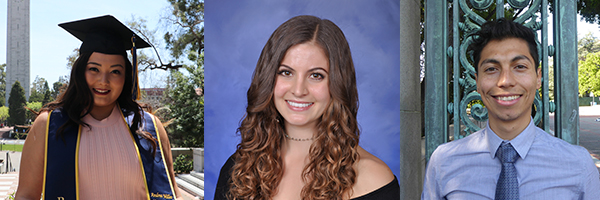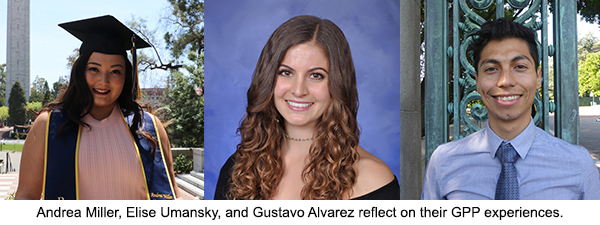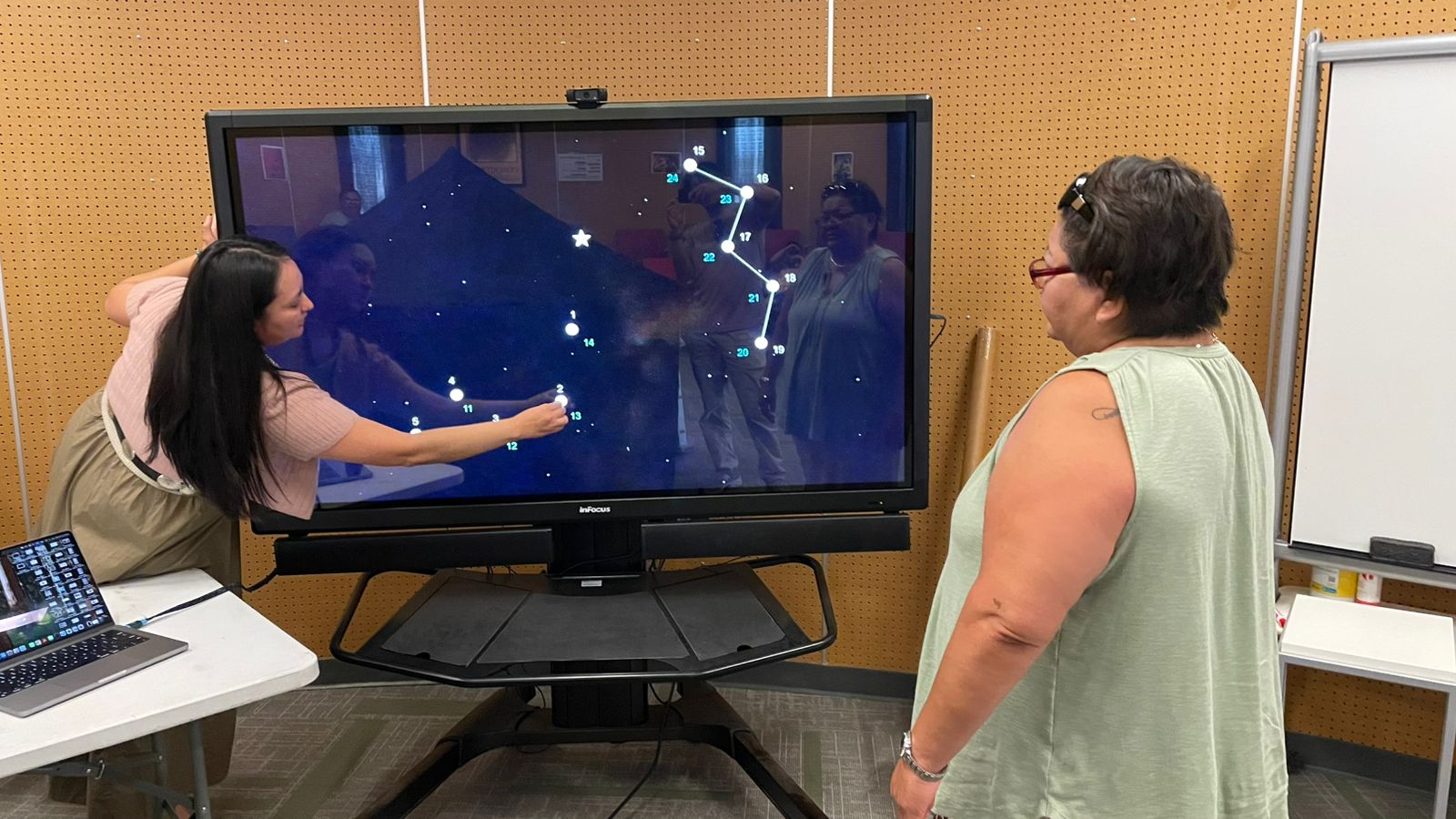The Blum Center’s Global Poverty & Practice (GPP) minor is one of the most popular undergraduate minors at UC Berkeley, bringing together students from across disciplines to explore poverty, wealth, and inequity through coursework and practical field experience. As a course requirement, students spend six weeks working with local or international organizations on issues ranging from human rights, to public health, to the environment. This year 78 GPP students will graduate, having completed practice experiences in 15 countries around the world. The Blum Center sat down with three graduates–Andrea Miller, Elise Umansky, and Gustavo Alvarez–to hear more about their experiences and future plans.
Skills Gained and Lessons Learned through GPP
The GPP program is highly experiential, enabling students to take what they’ve learned in the classroom and apply it in real world settings. Students are taught to engage with communities, think critically, exercise patience, and persevere. “The work that many GPP students want to do can be disheartening, and it’s important to be resilient,” student Andrea Miller said.
While the students feel classroom-based coursework is critical, they also attest that the greatest education often comes from direct engagement with communities. “[Gaining] knowledge doesn’t necessarily mean [gaining] education,” Alvarez said. “Listening to people’s narratives can teach the greatest lessons.” Umansky agreed. “I will bring with me the importance of humbly honoring the traditions of any community I’m working with, and letting them guide the work.”
Memorable Moments
For Andrea Miller, the classroom engagement was the most impactful. “The Ethics, Methods, and Pragmatics of Global Practice was my favorite class in all of my Berkeley experience,” she said. “Our Professor (Clare Talkwalker) and GSI (Mary Glenn) were the Superwomen duo. My peers were intelligent, caring, and amazing humans. There was something to learn from [each person], and everyone was so accepting of each other and ready to help.”
For Alvarez, a moment from his practice experience solidified his desire to work in service to others. While working on a water project outside Chiapas, Mexico, he met two poor young boys. “I remember the joy of the two brothers-who were 5 and 6- when they met us. They lived in such humble circumstances, yet their faces were bright with happiness. They showed me their toys, their hammock. The reason I am doing what I am doing is for them. I want to help provide clean, drinking water to this and other families so they don’t have to worry about illnesses.”
Like Alvarez, Umansky’s work was motivated by her practice experience. Working with Nepalese communities after the 2015 earthquake that killed nearly 9,000 and injured 22,000 was an eye opening experience for her. “My first trip to Nepal occurred right after the 2015 earthquake, and much of my time was spent on rebuilding efforts,” Umansky said. “When I returned for my Practice Experience, I had the great fortune of living with the same host family. We had tears in our eyes when we reunited at the Kathmandu airport. I worked with an organization providing mental health services to post-earthquake trauma victims. Experiencing the healing and rebuilding effort was very powerful,” she said.
Future Plans and Parting Advice
The students credit the GPP program for inspiring the future direction of their careers, which include positions in the public, private, and nonprofit sectors. Following graduation, Umansky will return to Nepal to work with The Centre for Victims of Torture. In the future she plans to pursue a doctoral degree in Global Health with a focus on mental health in Nepal. Andrea Miller will join the Peace Corps in Guatemala, where she will work in the field of public health. Alvarez’s will join Eaton, an energy company, and plans to pursue a PhD in Environmental Engineering “to develop more effective intervention plans to provide clean, drinking water to individuals in Central America.” All had important parting advice for GPP students.
“Keep an open mind, learn to sit in discomfort, and remember that there is never a completely pure path from which to act,” Umansky said. “No approach to social justice and poverty alleviation work is without flaw, but proceed with genuine intention, a critical lens, and a yearning to always learn.”
Alvarez advises, “Remember: we are not the experts. Those whose lives we are attempting to impact are the experts, and we must work together in order to innovate. Our collaborative efforts to design for meaningful impact will propel us to success.”
Miller encourages students to “Take advantage of the GPP community. The program is a family; people will always have your back here. They will also help remind you that you are not alone against this fight of trying to make the world a better place.”





